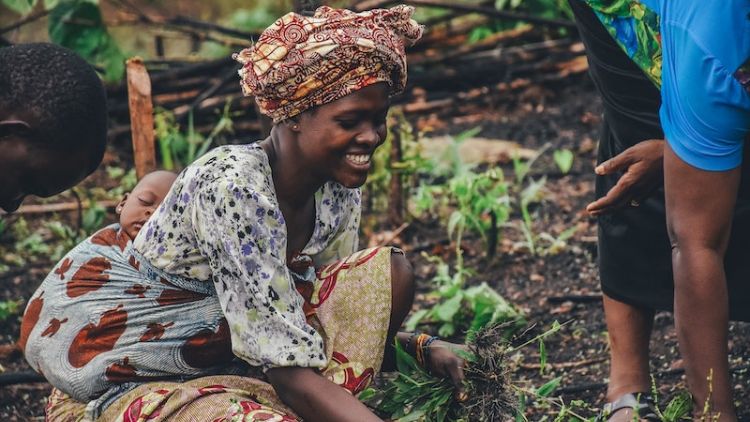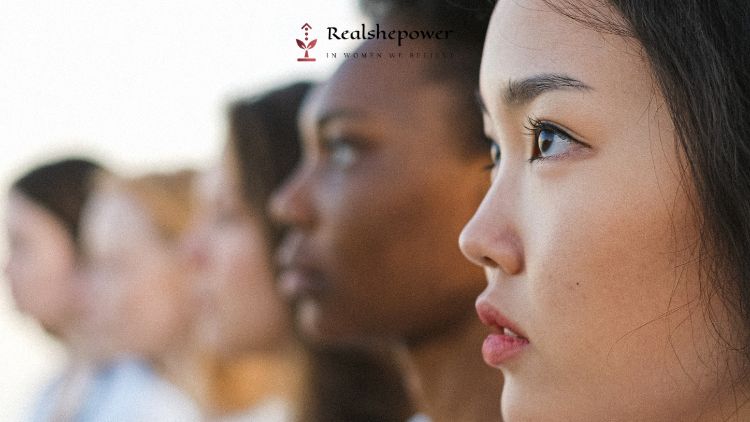Sierra Leone Passes Groundbreaking Law to Improve Women’s Rights: 30% of Jobs Now Reserved for Women


Sierra Leone has enacted a revolutionary law aimed at enhancing the rights of women. The country’s president, Julius Maada Bio, publicly apologized for the poor treatment of women in the past and acknowledged that “we haven’t been fair to you.”
The law mandates that 30% of both public and private sector jobs must be set aside for women. The Minister of Gender and Children’s Affairs stated that women have been advocating for this change for years and that it is a significant victory for women in Sierra Leone. Furthermore, the law also indicates that girls in school have job and business opportunities in Sierra Leone and can be part of the country’s economy.
The Gender Equality and Women’s Empowerment Act (GEWE) in Sierra Leone is aimed at addressing the issue of discrimination against women in the workplace. This law provides women with certain benefits that promote equality and empowerment in the workplace.
One of the key provisions of the law is the creation of ringfenced senior positions in the workplace for women. This means that a certain number of senior positions in companies will be reserved specifically for women, providing them with greater opportunities for advancement and leadership.
Another important provision of the law is the requirement for employers to provide at least 14-weeks of maternity leave for women. This will allow women to take time off work to care for their newborns without fear of losing their jobs or facing discrimination.
The GEWE also ensures that women have equal access to bank credit and training opportunities. This will enable women to start their own businesses, and improve their chances of success in the workforce.
The law also includes harsh repercussions for employers who do not adhere to its provisions, such as hefty fines of £2,000 ($2,500) and potential prison time for institutions like banks that do not give women fair access to financial support. This is meant to serve as a deterrent and ensure compliance with the law.
It is planned that the law will apply to any business with more than 25 employees, although a final decision has not yet been made.
The GEWE is seen as a positive step towards achieving gender equality in Sierra Leone, but it is not a panacea. The Minister of Gender and Children’s Affairs, Fatmata Tarawalli, has acknowledged that more steps will have to be taken before the country can say fairness has been achieved across the genders. She also pointed out that for Sierra Leone to become a middle-income country it must engage the 52% of the population who are women in the economy.
Prior to the law, the United Nations sexual and reproductive health agency (UNFPA) stated that progress has been made in expanding opportunities for women and girls in Sierra Leone, but warned that gender inequality and denial of women’s rights are still prevalent at all levels in Sierra Leonean society. The GEWE is therefore an important step in addressing these issues.
UN Women reports that although strides have been made in promoting gender equality throughout the continent, many women are still facing significant obstacles in terms of economic security and career advancement. The majority of women continue to work in insecure, poorly paid jobs with limited opportunities for upward mobility.
Featured Image: The Borgen Project
Read: Women of colour are severely underrepresented in leadership roles and media coverage

You can now write for RSP Magazine and be a part of the community. Share your stories and opinions with us here.
